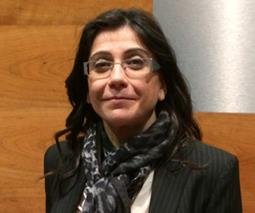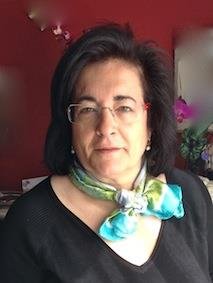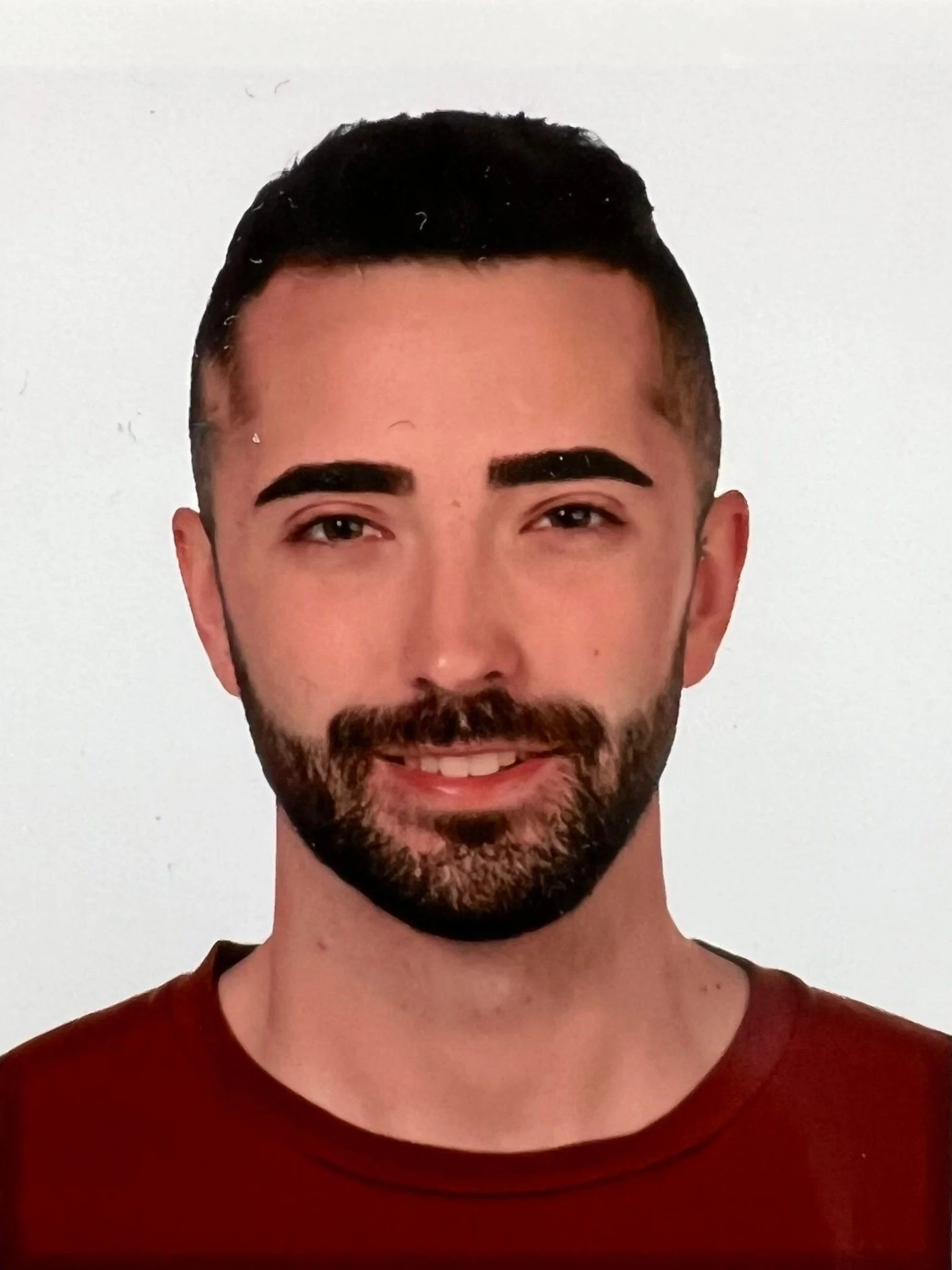
The University of Zaragoza (UNIZAR) is the only public University of the Autonomous Region of Aragón, Spain and one of the oldest in Spain, created in 1542. Today has over 30,000 students and over 3000 research and teaching staff. The Aragón Institute of Engineering Research (I3A) is one of the research institutes of the UZ. Composed of more than 30 research groups and over 250 researchers, it is one of the biggest and more recognized research institutes in Engineering in Spain. Inside the I3A Division of Biomedical Engineering, the group of Applied Mechanics and Engineering (AMB) is considered one of the groups of excellence in Bioengineering in Spain and, as such, was one of those chosen by an international commission to be part of the National Research Center on Bioengineering, Biomaterials and Nanomedicine (CIBER-BBN), the centre of excellence in Spain on these topics. The AMB group has a large experience in participating in national and international research projects in the fields of modelling and simulation of continuous systems, with applications in tissue mechanics (bone, cartilage, ligaments and tendons, heart, blood vessels, eye), biological systems (remodelling, growth, morphogenesis), tissue engineering (scaffolds design, functionalization, de and re-cellularization), and, finally, cell processes (microfluidics, cell migration and differentiation, organ on chip). The I3A and the AMB group count not only with the hardware and software capabilities and experience (FEA, meshless, optimization) to afford these problems but also with a complete lab (mechanical testing, cell culture, bioreactors, microfluidic production and scaffold characterization) to validate the proposed models and to get the relevant parameters to feed those models.
Team members
-
Estefanía Peña Baquedano, Ph.D., is Full Professor of Structural Mechanics in the Department of Mechanical Engineering at the University of Zaragoza (UNIZAR), a position she has held since 2017. She earned her Ph.D. in Computational Mechanics from the University of Zaragoza in 2004. Her academic career began as an Assistant Professor (2001–2008), followed by her promotion to Associate Professor (2008–2017). She has also served as a visiting scholar at the University of Southampton (UK) and at Joseph Fourier University–CNRS in Grenoble (France). Professor Peña is an internationally recognized expert in computational mechanics, with a particular emphasis on the numerical modeling of soft biological tissues, especially cardiovascular tissues. Her work encompasses multiscale modeling of inelastic effects in biological tissues, the biomechanics of vascular diseases, and the interaction between biological tissues and medical devices. In recent years, she has expanded her research to include experimental methods in biomechanics.
She has published more than 120 peer-reviewed articles in ISI-indexed journals, over 200 conference papers, several book chapters, technical reports, and oral presentations. She has led multiple research projects, including industry-funded initiatives, and has supervised ten doctoral theses. Professor Peña has held several leadership roles, including Deputy Director of the Aragón Institute for Engineering Research (I3A), Coordinator of the Biomedical Engineering Division at I3A, and member of various national and European research committees. She is actively involved in several national and international scientific societies and serves as an editor for multiple academic journals.
In recognition of her scientific contributions, she received the Best PhD Thesis Award from the Spanish Association for Computational Mechanics (ECCOMAS) in 2004, the Juan Carlos Simó Award from the Spanish Society of Numerical Methods in Engineering (SEMNI) in 2011, and was honored by the Spanish Royal Academy of Engineering in 2015.
-
Begoña Calvo Calzada is a Full Professor in the field of Continuum Mechanics at the University of Zaragoza, a position she has held since 2010. She holds a PhD in Industrial Engineering, having defended her doctoral thesis in 1994 within the Computational Mechanics program at the University of Zaragoza. Her research focuses on the field of bioengineering, particularly on the experimental characterization and development of constitutive models for soft biological tissues, aimed at computational modeling of clinically relevant scenarios. She has worked extensively on large deformation solid mechanics, developing inelastic constitutive models for fiber-reinforced hyperelastic materials, incorporating phenomena such as viscoelasticity, plasticity, damage, residual stresses, and growth models. Her current research is centered on the development of active behavior models for the simulation of musculoskeletal tissues, patient-specific modeling of the eyeball, and the design of experimental tests for the characterization of biological tissues (mainly ocular and muscular tissues) to enable parameter fitting, numerical model validation, and quantification of treatment effectiveness.
She has published 135 articles indexed in the Web of Science (JCR), 9 articles in non-indexed journals, 22 book chapters, and over 100 conference contributions at national and international levels. She is co-editor of the books Computational Bioengineering: Current Trends and Applications (Imperial College Press, 2004) and Patient-specific Computational Modelling (Springer, 2012). She has co-supervised 15 PhD theses. She has completed one research stay abroad and maintains active collaborations with several international research groups.
-
Alejandro Aparici is a PhD candidate in Biomedical Engineering at UNIZAR specializing in experimental and computational biomechanics with a focus on soft tissues. He holds a Bachelor's degree in Mechanical Engineering and a Master’s degree in Biomedical Engineering with a specialization in Biomechanics, completed in 2020.
His research focuses on the biomechanical characterization and modeling of fascial tissue, particularly its elastic, viscoelastic, fatigue, and damage properties. He has co-authored two peer-reviewed publications in esteemed journals.
Since 2021, Alejandro has been a technical research assistant at the Tissue and Biomaterials Characterization Lab, where he develops protocols and characterizes tissues and biomaterials such as arteries, skin, cornea, muscle, and myocardium using techniques such as uniaxial, biaxial, shear, inflation, and compression tests.




